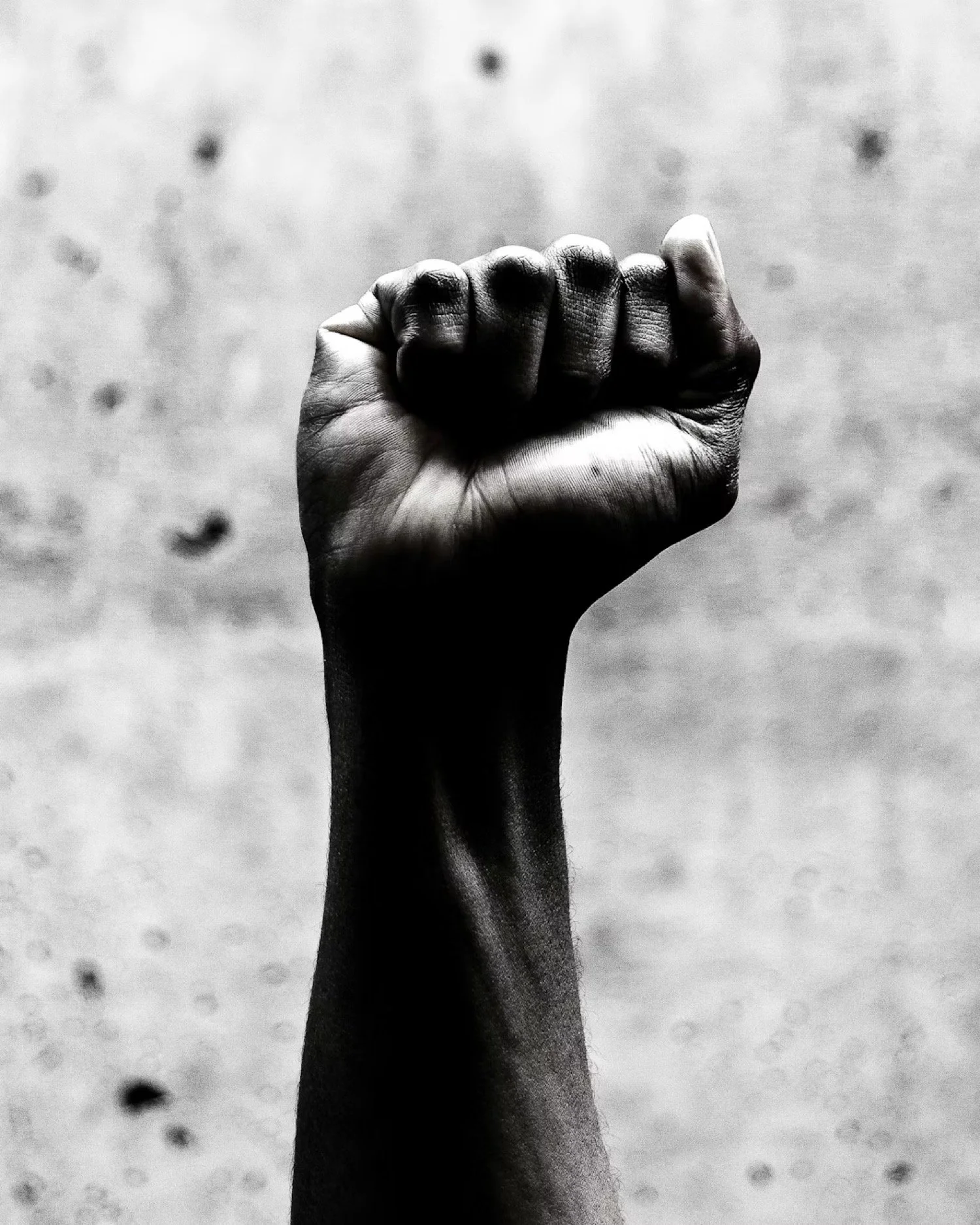Readings for today: Zephaniah 1-3
I was asked recently what I loved most about God. Not an easy question to answer! There is so much I love about God but if I had to choose what I love most, it is His heart for the nations. God loves humanity. God loves every human being who has ever been conceived on the face of the earth. God loves every tribe and tongue and nation. God loves every culture and language and ethnicity. God loves every people group. God loves young and old. Rich and poor. Abled and disabled. And His great desire is to get to know each and every one on a deep, intimate, personal level.
So often when we think of the Great Commission, we think of Matthew 28. But did you know there is a Great Commission in every single gospel? Did you know the Great Commission often shows up in the Old Testament as well? Consider the words of Zephaniah from today’s reading…“For I will then restore pure speech to the peoples so that all of them may call on the name of the Lord and serve him with a single purpose.” (Zephaniah 3:9 CSB) I imagine the people listening would have immediately thought back to the Tower of Babel. The place where God came down and confused the languages of the earth. The place where God judged the people of the earth for not fulfilling His Great Commission to be fruitful, multiply, and fill the earth. Zephaniah points them forward to a day when God will reverse the curse. The people will come together in unity to call on the name of the Lord and serve Him with one accord. This is exactly what happens at Pentecost when the Holy Spirit is poured out and everyone hears the gospel preached in their own languages. The early church called on the name of the Lord and were saved. They served God with one accord, holding all things in common. They had great favor as a result with all the people and the Lord added to their number daily those who were being saved.
This is what God wants to do in and through His church today. So how does that happen? We open ourselves up to God. We surrender to the presence and power of the Holy Spirit. We draw near to God in repentance and He then draws near to us. How will we know when He is near? Listen to how Zephaniah describes it…“The Lord your God is among you, a warrior who saves. He will rejoice over you with gladness. He will be quiet you in his love. He will delight in you with singing. I will gather those who have been driven from the appointed festivals; they will be a tribute from you and a reproach on her. Yes, at that time I will deal with all who oppress you. I will save the lame and gather the outcasts; I will make those who were disgraced throughout the earth receive praise and fame. At that time I will bring you back, yes, at the time I will gather you. I will give you fame and praise among all the peoples of the earth, when I restore your fortunes before your eyes. The Lord has spoken.” (Zephaniah 3:17-20 CSB) Friends, these are the signs God has drawn near. Joy. Gladness. Peace. Love. Loud singing. Comfort for those who mourn. Freedom for the oppressed. Healing for the lame. Inclusion for the outcast. Reversal of reputation for those who’ve been put to shame for His name sake. God makes Himself known in the gathering of His people. God makes Himself known among all the peoples and all the nations of the earth. God makes Himself known in favor and blessing. How is God making Himself known to you in your life today?
Readings for tomorrow: 2 Kings 22-23, 2 Chronicles 34-35




